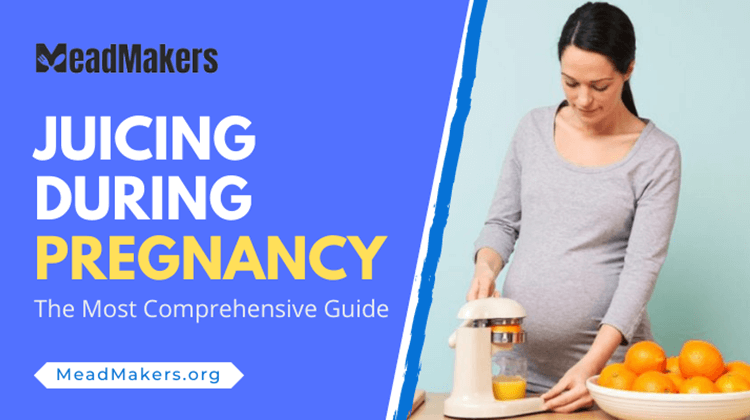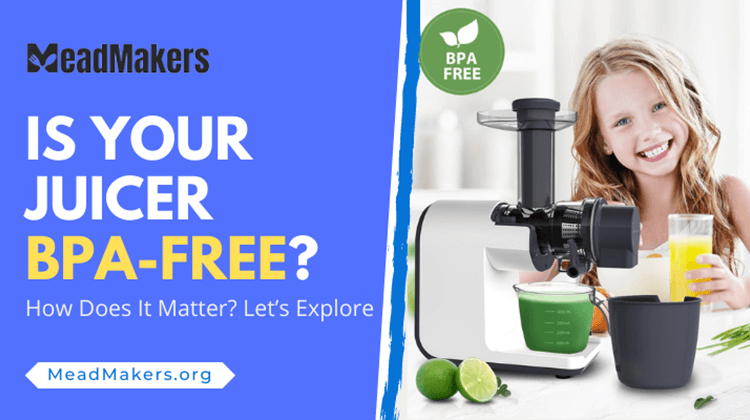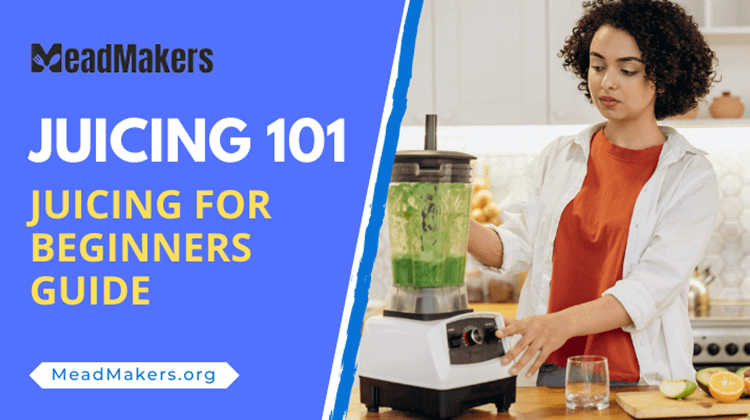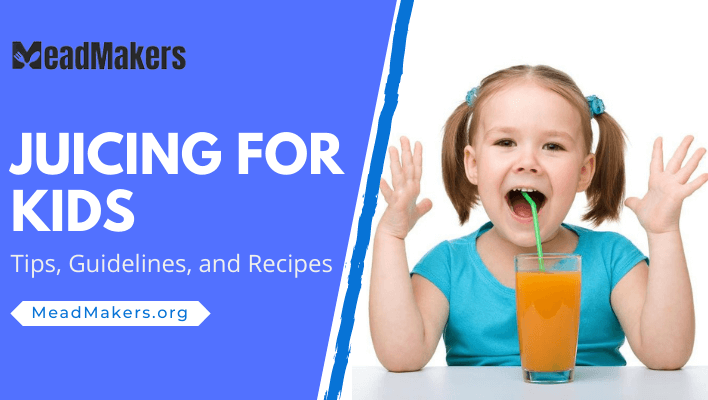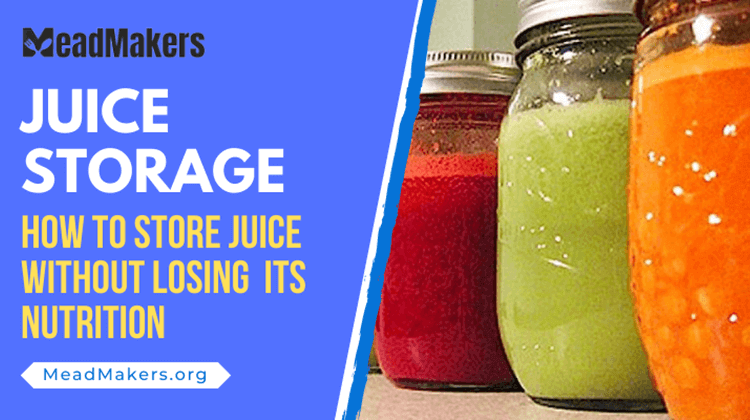Juicing During Pregnancy: The Most Comprehensive Guide
If you don’t eat enough fruits and vegetables on a regular basis, juicing can help you receive the nutrients you need. However, if you are pregnant, you may wonder if Juicing during Pregnancy is safe.
You must still eat a variety of healthy meals. Your body demands the critical nutrients that healthy foods provide to keep up with your growing fetus. The key is to retain a sense of balance.
This is why, in many of my juicing posts, I always recommend speaking with your doctor before starting juicing if you are pregnant. The last thing you want when you’re pregnant is to be deficient in nutrients from your diet.
Pregnancy takes a toll on you both physically and mentally. In addition, there are a number of foods that should be avoided. Let’s have a look at what’s available below.
Pregnancy
Before you try to conceive, prepare your body by eating healthy foods and exercising regularly. The healthier you are prior to becoming pregnant, the better off you will be throughout and after your pregnancy.
It can be tough because many women have morning sickness, extreme exhaustion, and increased hunger throughout the first trimester.
The second trimester is frequently the most enjoyable since your energy returns, morning sickness fades, and you begin to feel the baby move.
Things are likely to get a little busy in there as your due date approaches in the third trimester. It’s probable that it will cause you to sleep less and feel more uneasy, particularly in the final month.
Avoid or Not to Avoid?
Pregnant women are advised to avoid a variety of foods. Why? Pregnancy affects several aspects of your body, including your immune system.
You are more vulnerable to illnesses, including those induced by your food. Not only may these infections hurt you, but many of them can harm your unborn kid as well.
When it comes to your unborn child, it’s always preferable to be safe. I’ve collected a list of things to stay away from below since they’ve been connected to health issues in pregnant women, which can affect the fetus.
Alcohol
No amount of alcohol is safe for pregnant women, according to the Centers for Disease Control and Prevention (CDC). Alcohol is a substance that can cross the placenta and the blood-brain barrier.
To put it another way, if you drink, your baby will as well. If you drink alcohol while pregnant, your kid may develop Fetal Alcohol Spectrum Disorders, which are a group of disorders (FASD).
The damage to your baby’s growth is irreversible. It’s best to err on the side of caution and avoid alcohol until after the baby is born.
If you plan to breastfeed, you should avoid drinking until your baby has been weaned because the alcohol will end up in your milk.
Reach out to someone in your community or contact one of the following organizations if you need help with alcoholism:
- National Clearinghouse for Alcohol and Drug Information (800-729-6686)
- Substance Abuse Treatment Facility Locator – 800-662-HELP (800-662-4357)
- National Alcohol and Drug Hope Line – (800)-NCA-CALL (800-622-2255)
- Alcoholics Anonymous: www.aa.org
- Look for a support group in your neighborhood in the phone book.
For further information, go to the National Institute on Alcohol Abuse and Alcoholism.
Undercooked or Raw Meats and Fish
This includes eggs, oysters, sushi, sashimi, and yes, even beef. If you eat undercooked meats or shellfish during your pregnancy, you’re more likely to contract E. coli, trichinella, toxoplasma, or salmonella.
It is still possible to eat these meals, but they must be completely prepared. You can eat a medium-rare steak, but you should never eat a rare steak.
Avoid eating fish that have a lot of methylmercury. Among them are swordfish, king mackerel, shark, trout, tuna, and tilefish.
Also, be cautious when purchasing deli meat because it may be contaminated with listeria if the meat is not handled properly.
Heat the beef to a temperature that kills bacteria (160°F or until it’s steaming). Isn’t it only about nine months?
Avoid Soft, Unpasteurized Cheeses
According to the American Pregnancy Association, you should avoid cheeses including Camembert, Brie, feta, goat, and blue-veined varieties unless the label specifies that they were made with pasteurized milk.
Also, avoid eating Mexican cheeses like queso fresco, queso Blanco, and Panela that don’t mention they’ve been pasteurized on the label. Instead, opt for a firm or semi-soft cheeses such as cheddar, Gouda, Swiss, or mozzarella.
Caffeine
Caffeine usage during pregnancy, especially in the first trimester, increases the risk of miscarriage. A small cup of coffee per day has no bad effects on the fetus, but if you’re a heavy coffee drinker, it could be a good idea to cut back.
We’re talking about more than two cups of coffee each day, or 200 milligrams of caffeine. If you have a caffeine addiction, chances are your child will as well.
Headaches, irritability, lethargy, and depression are just a few of the caffeine withdrawal symptoms.
Processed Foods
These foods are typically high in sugar, salt, and fat, as well as additives and preservatives that help the food last longer, making them unhealthy for you and your child.
Anything Oily or Fried
If you already have morning sickness, eating oily foods will almost surely make it worse.
Additionally, the calories and lack of nutrition will be harmful to both you and your child. Eat saltine crackers or make your own candied ginger at home to avoid sickness.
Juicing During Pregnancy
Fresh juice offered in juice bars, restaurants, and other facilities that sell freshly squeezed juice should be avoided by pregnant women because it is unpasteurized. Furthermore, cleaning procedures are not usually followed to their full extent.
If the fruit isn’t fully washed, pathogens like salmonella or E. coli can get you sick. Although store-bought juices are “safe,” they are deficient in minerals and enzymes that your body needs.
Juicing during pregnancy, on the other hand, can be done safely at home if done correctly.
Techniques for Juicing
Juice fasting comprises substituting freshly squeezed juice for all of your meals. You should never go on a juice fast while pregnant since you won’t be able to acquire all of the nutrients your body and fetus require if you only eat juice.
When you add fresh juice to your regular diet, it’s called a juice feast. Juicing is the most effective approach to increase antioxidants, vitamins, and enzymes in your body.
Juicing Tips during Pregnancy
- Consider organically grown veggies as much as possible to reduce pesticide exposure.
- Even if you buy organic produce, make sure you wash it well.
- Get plenty of juice. When you’re pregnant, you can always use an extra boost of energy during the day.
- If you’re using a slow (masticating) juicer, store your freshly pressed juice in a glass jar with an airtight lid. It should only be maintained for up to 72 hours. If you’re using a quick (centrifugal) juicer, it’s best to drink your juice as soon as possible. Depending on the product, you can store it in the fridge for up to 24 hours.
- Before you eat anything, drink your juice first thing in the morning.
What to Juice While You Are Pregnant
Juice a variety of colored vegetables with fewer servings of fruit to make the juice more enjoyable, especially if you’re new to juicing.
Carrots and cucumbers can help to mask the taste of stronger-tasting greens. If you use something acidic/sour like lemon or green apple, the greens will have a nice balanced flavor.
Add the following fresh fruits and vegetables to your juicing list:
- Fresh ginger root provides spice to the dish while also helping to alleviate sickness. Ginger contains a variety of antioxidants that can aid in the treatment of colds, sore throats, blood circulation, and cholesterol-lowering.
- Beta-carotene and vitamin E are abundant in carrots, and they’re also high in vitamin C and iron. They make a great snack when eaten whole. To assist break down resistant cellular barriers and receive the antioxidant advantages, add a couple of them to your juicing recipes.
- Cucumbers are diuretics, which aid in the reduction of edema.
- Peppers are high in vitamin C, vitamin E, and carotenoids, which are all antioxidants. Red peppers provide the highest nutrients when compared to orange and yellow peppers. When red peppers turn green, they are unripe.
- Betacyanin, a powerful antioxidant, as well as vitamin C, fiber, glutamine, and beta-carotene, are abundant in beetroot. It helps you feel more energized while also decreasing your blood pressure and functioning as an anti-inflammatory.
- Kale is high in folate and other essential nutrients like vitamins K, A, and C.
- Spinach is strong in iron and folate, as well as vitamins A, C, E, and a number of other nutrients that are essential for a healthy diet. It has anti-inflammatory properties, promotes bone health, and has a low-calorie content.
- Tomatoes are high in vitamins and antioxidants, which aid in energy production, digestion, and red blood cell growth.
- Apples are high in vitamin C and, while tasty, should be consumed in moderation.
- Oranges are high in folate, vitamin C, calcium, thiamin, and vitamin A, among other nutrients. Only juice them a few times due to the high sugar content.
Keep in mind to include the following things in your diet through juicing, smoothies, or whole foods:
- Broccoli
- Papaya
- Grapes
- Lentils
- Bananas
- Strawberries
- Raspberries
- Avocados
- Watermelon
- Cantaloupe
- Asparagus
- Yogurt
- Edamame
- Nuts
- Wheatgrass
- Celery
